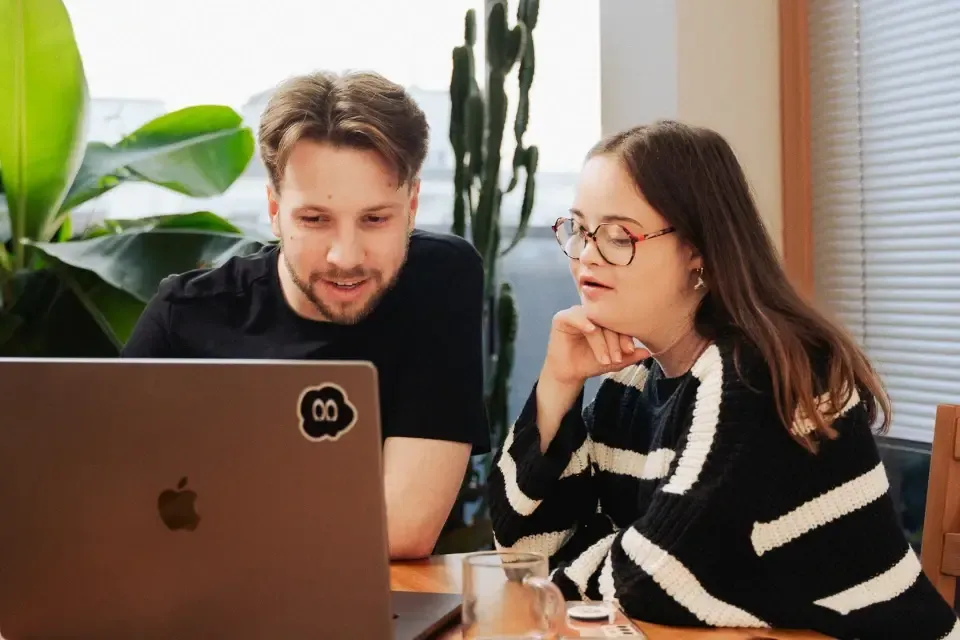There are around 240 million people worldwide with cognitive disabilities, many of whom have difficulty reading and/or writing.
A large proportion of them long for more independence: to be able to do things themselves, take care of themselves, manage appointments independently and have the freedom to decide for themselves what to do, how and when. With Independo, we want to promote the independence of this target group by translating text into pictograms and pictograms into text.

Vienna, Austria (© Unsplash, Anton)
The calendar app will not remain the only product for long.
Our first project, the “Independo Calendar”, aims to make conventional calendars such as Google Calendar or iCal accessible to people with learning difficulties in reading and/or writing. By working closely with the target group and our translation algorithm, which converts text into pictograms that the target group is familiar with, we have achieved this goal. For the first time, people with learning difficulties can now manage their digital calendar independently using symbols.
With Netidee to the next milestone: the Independo Maps app
Having recognized the added value of the calendar for the target group, we would now like to use our accumulated knowledge to apply the translation algorithm in other areas and make a further contribution to independence. Street maps often have small symbols or text on them and are therefore difficult or impossible for people with learning difficulties to access. We are therefore delighted that Netidee has given us the opportunity to develop an overlay for Leaflet. The overlay provides street maps with standardized pictograms and is being developed as a plugin. The aim is to enable as many software development teams as possible to build their own inclusive software solutions that are also accessible to people with learning difficulties.

